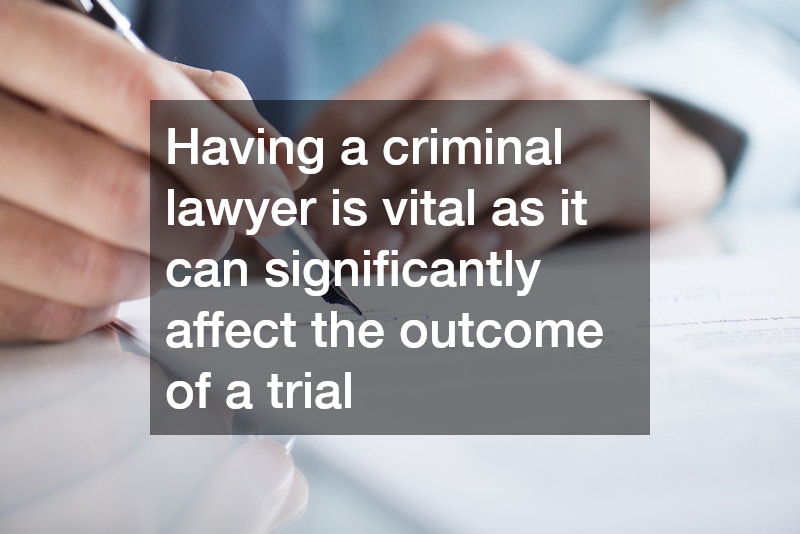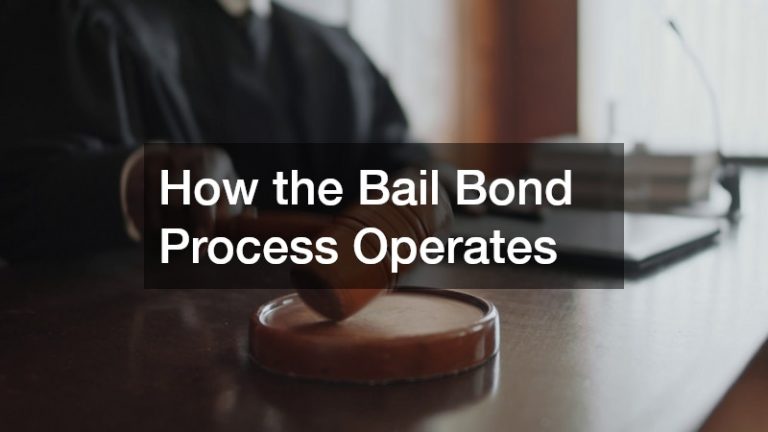
Explore the essential functions of criminal lawyers and how they can support individuals facing criminal charges. Understanding their role can be crucial for anyone navigating the legal system.
What Does a Criminal Lawyer Do?
A criminal lawyer provides legal representation and guidance to individuals accused of crimes, helping them navigate the complexities of the legal system. First and foremost, a criminal lawyer is responsible for defending clients against criminal charges.
This responsibility includes assessing the evidence, interviewing witnesses, and developing a defense strategy tailored to the specific circumstances of the case. They take into account the nuances of the law that may affect the outcome, such as constitutional rights and legal precedents.
Moreover, criminal lawyers gather comprehensive information about the case, which includes reviewing police reports, forensic evidence, and other documentation. Their analysis helps to identify strengths and weaknesses within the prosecution’s case. This thorough investigative approach is crucial in crafting a compelling argument for the defense during trial or negotiation phases.
Additionally, they play a significant role in representing clients during hearings, trials, and negotiations with prosecutors. Criminal lawyers must articulate legal arguments clearly and persuasively, ensuring that the client’s voice is heard throughout the legal proceedings. Their advocacy contributes to protecting the rights and interests of their clients in the courtroom.
Why Is a Criminal Lawyer Important for Your Defense?
Having a criminal lawyer is vital as it can significantly affect the outcome of a trial, guiding defendants through legal procedures and ensuring their rights are protected. One primary reason for engaging a criminal lawyer is their expertise in understanding the legal intricacies involved in criminal cases. The law can be complex and layered, with statutes and regulations that vary by jurisdiction. A skilled lawyer can navigate this landscape effectively, ensuring every legal avenue is explored on behalf of the client.
Moreover, a criminal lawyer is equipped to provide valuable advice throughout the entire legal process. They can inform a defendant about their rights, the charges they are facing, and the potential consequences of different choices, such as whether to go to trial or accept a plea deal. This guidance is instrumental in making informed decisions that can greatly impact the outcome of a case.
Furthermore, a criminal lawyer serves as a buffer between the defendant and the justice system, reducing the psychological stress associated with legal proceedings. By having a professional advocate, defendants can focus on their lives and personal well-being, rather than getting overwhelmed by the legal requirements and courtroom appearances required in their defense.
How Can a Criminal Lawyer Help with Plea Bargains?
A criminal lawyer plays a key role in negotiating plea bargains, which can result in reduced charges or sentences, potentially benefiting the defendant’s overall case. Plea bargaining is a negotiation process where the accused can agree to plead guilty to a lesser charge in exchange for a lighter sentence or other concessions. Having a seasoned criminal lawyer in this process can be advantageous, as they are familiar with legal precedents and the tendencies of prosecutors. This expertise can lead to more favorable outcomes than negotiating without legal representation.
Criminal lawyers can evaluate the strengths and weaknesses of both the prosecution’s case and the defendant’s circumstances. This evaluation allows them to propose a plea that aligns with the defendant’s best interests. The lawyer’s ability to leverage their knowledge and negotiation skills can significantly influence the terms of the plea agreement.
In addition, criminal lawyers help defendants understand the ramifications of accepting a plea deal. They clarify what the guilty plea entails, as well as any long-term consequences, such as criminal record implications. Their guidance ensures that clients make informed decisions that align with their future goals and aspirations.
What Should You Look for When Choosing a Criminal Lawyer?
Choosing the right criminal lawyer involves considering their experience, specialization in criminal law, and their track record with similar cases. One of the most critical factors when selecting a criminal lawyer is their experience practicing within the realm of criminal law. An attorney familiar with local laws and regulations will have nuanced insights into how best to approach a case. Their background in handling similar cases can also provide invaluable context for anticipating potential challenges.
Additionally, it is essential to consider the lawyer’s specialization. Just as each type of crime may differ significantly, lawyers often focus on specific areas within criminal law. Whether it’s drug offenses, theft, violence, or white-collar crimes, finding a lawyer with relevant expertise ensures that they can provide the most effective representation possible.
Finally, reviewing a lawyer’s track record and client testimonials can reveal a lot about their competence and reliability. Positive feedback from previous clients can inform potential clients about what to expect in terms of performance, communication, and support throughout the legal process.
Criminal lawyers play a pivotal role in defending individuals accused of crimes. Their expertise can significantly influence the outcomes of legal proceedings, making it essential to engage a qualified lawyer when facing such circumstances.







